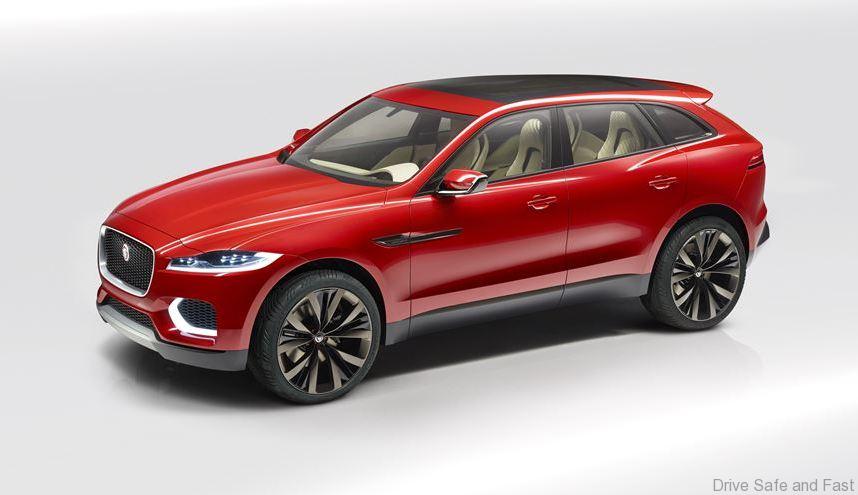Tata-owned Jaguar Land Rover recorded 19% sales growth last year, thanks in large part to the compact Range Rover Evoque and aims to follow up with the imminent Jaguar XE sports sedan and a later SUV. Land Rover has proved that the Germans can be challenged, said Eric Neubauer, joint-CEO of France’s Neubauer Group, whose Paris-area dealerships sell 19 car brands from Kia to Ferrari.
The Evoque poaches clients “from BMW, Mini and everywhere else in the premium universe,” Neubauer said. “The strength of Land Rover is that we win new customers who then become loyal.” Luxury automakers must sell more smaller cars to meet ever-tightening carbon-dioxide emissions targets and avoid fines. Driven by this imperative and their bitter rivalry, BMW, Audi and Mercedes have been discounting as hard as many mass-market carmakers.
“No other group of manufacturers has increased incentives more than the Germans,” said Arndt Ellinghorst, a London-based analyst with ISI Group. BMW rebates have grown as big as 25% in the UK, according to data compiled by the brokerage, and price-slashing has cost the big three about 6 billion euros (USD8 billion).
“Steep discounts and attractive financing show how non-exclusive premium cars have become,” Ellinghorst said. Left unchecked, “the race to sell more vehicles will eventually damage brand equity and profitability”.
Despite their investment clout and model proliferation, a slow start in hybrids which combine a combustion engine and electric motor has left a chink in the German armor, especially in markets where gas guzzlers incur punitive taxes. Failure to see the potential of electrification contributed to the ouster of Audi’s last research and development chief, and BMW is only now rolling out its flagship i8 performance hybrid.







